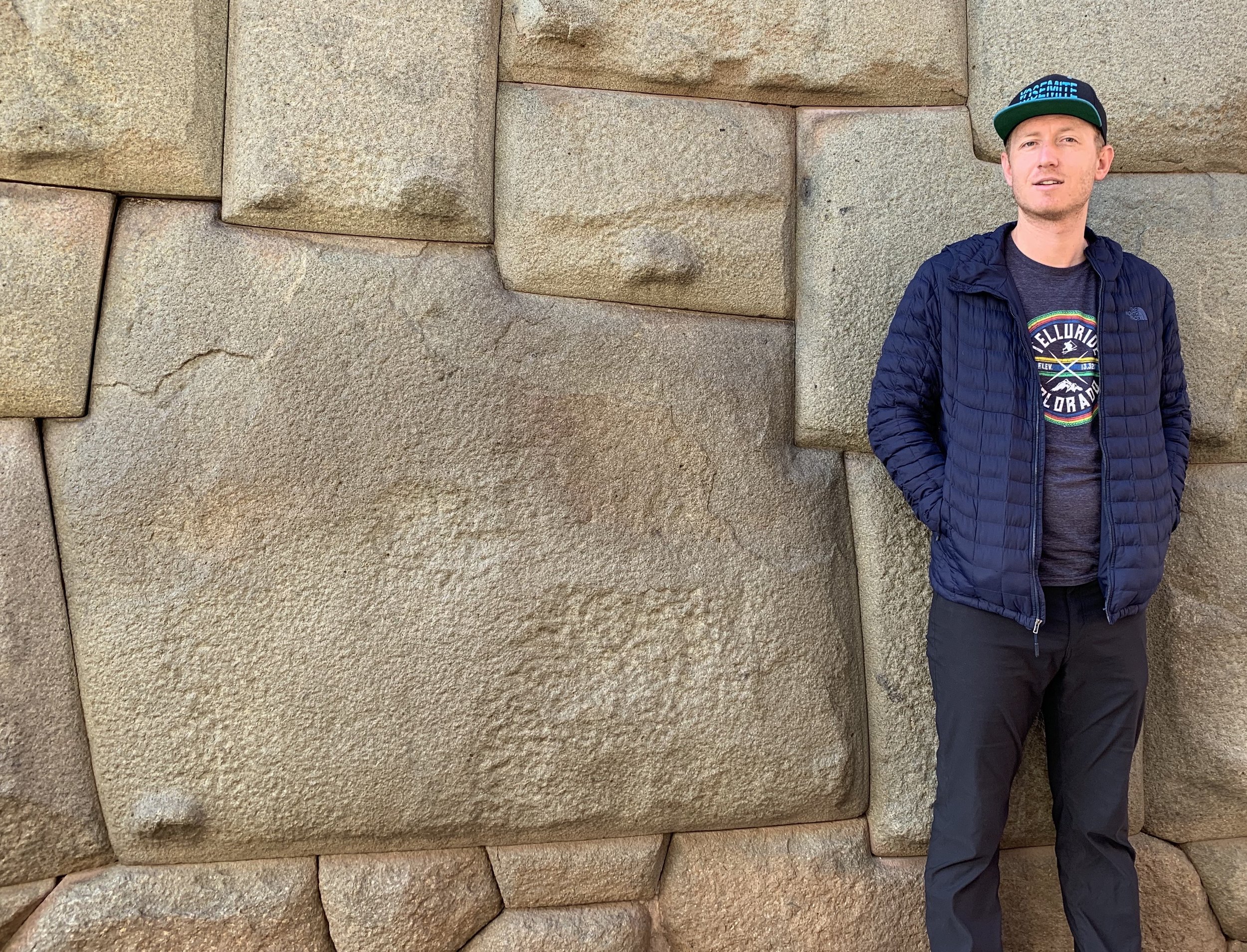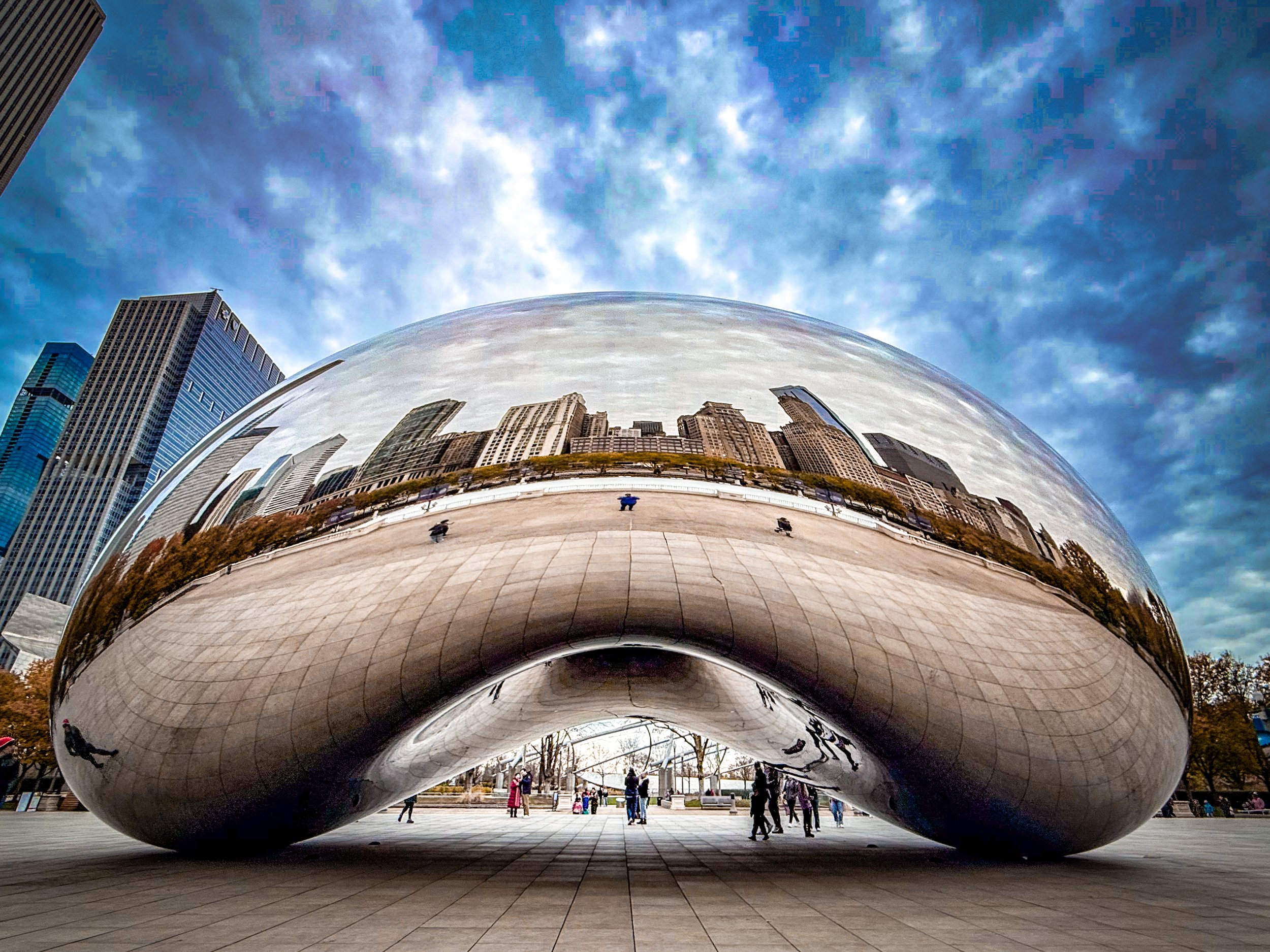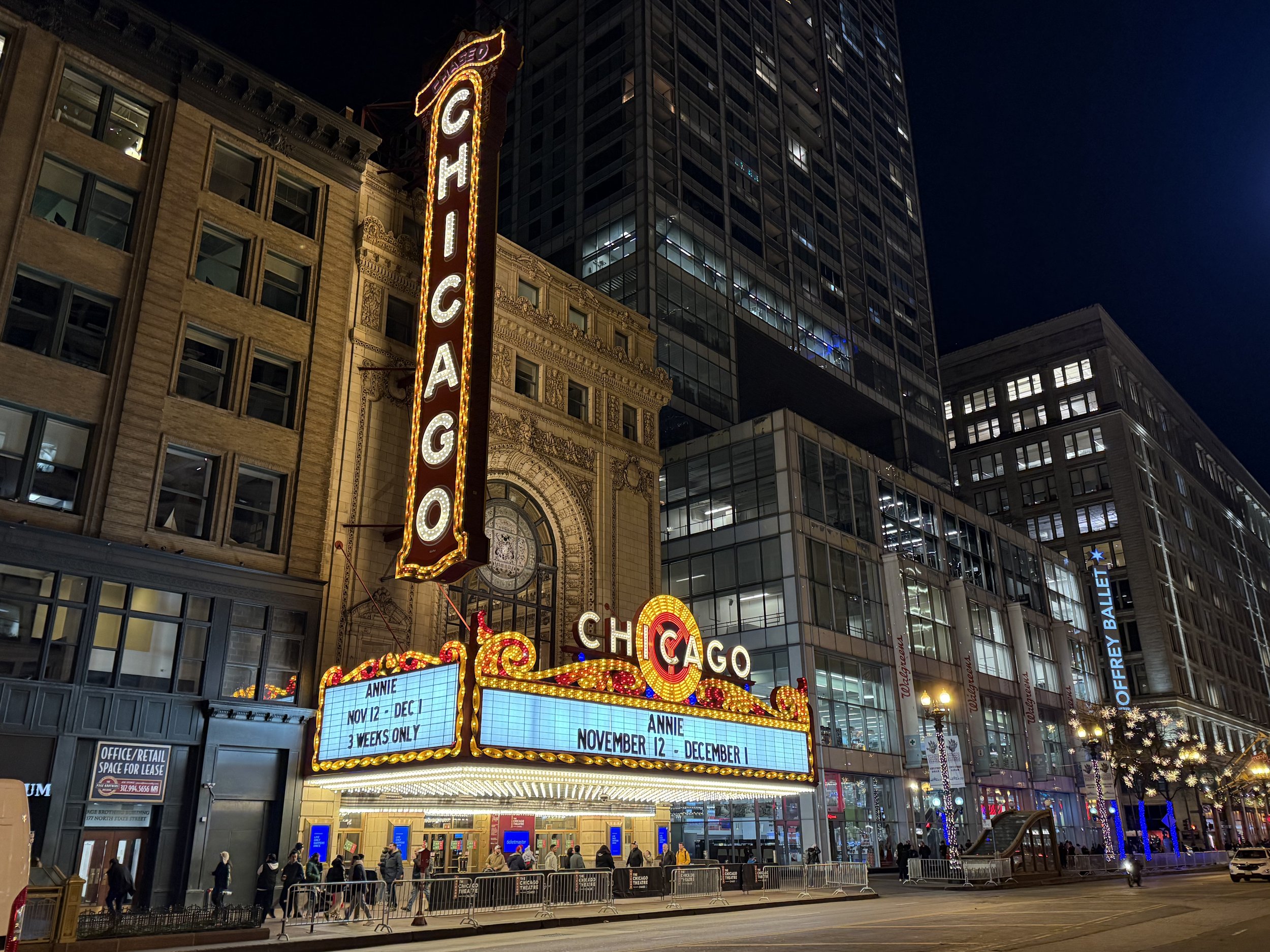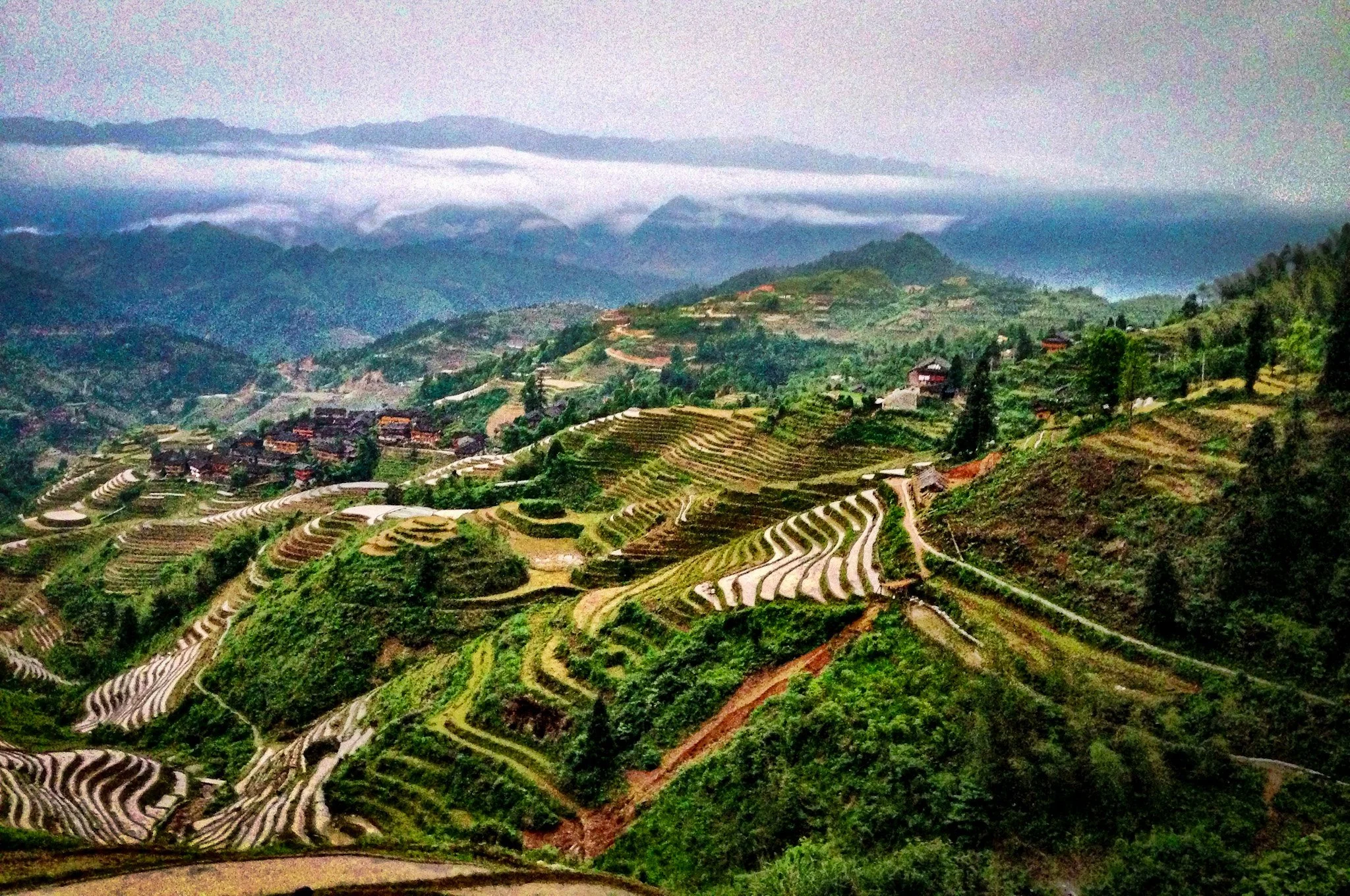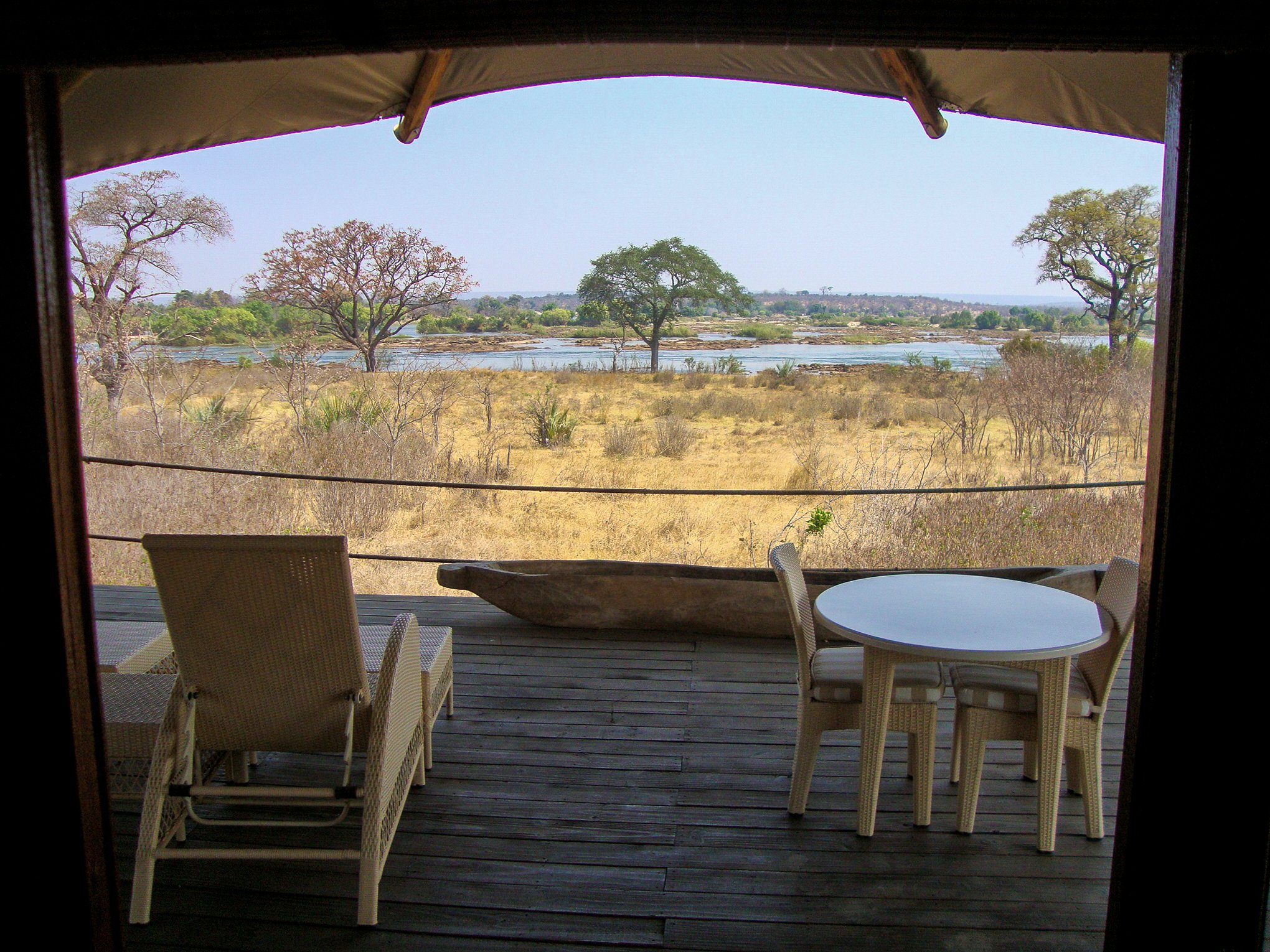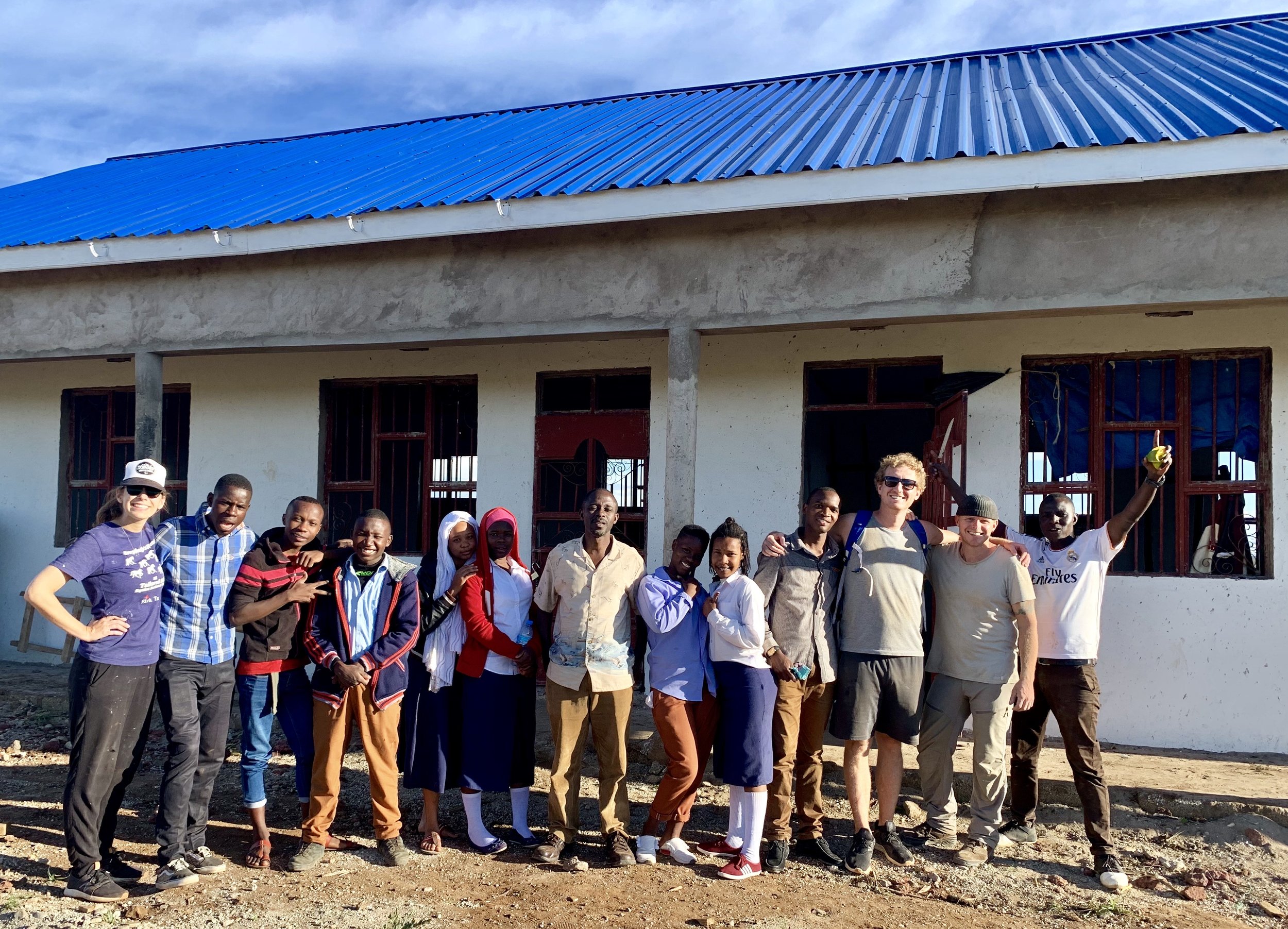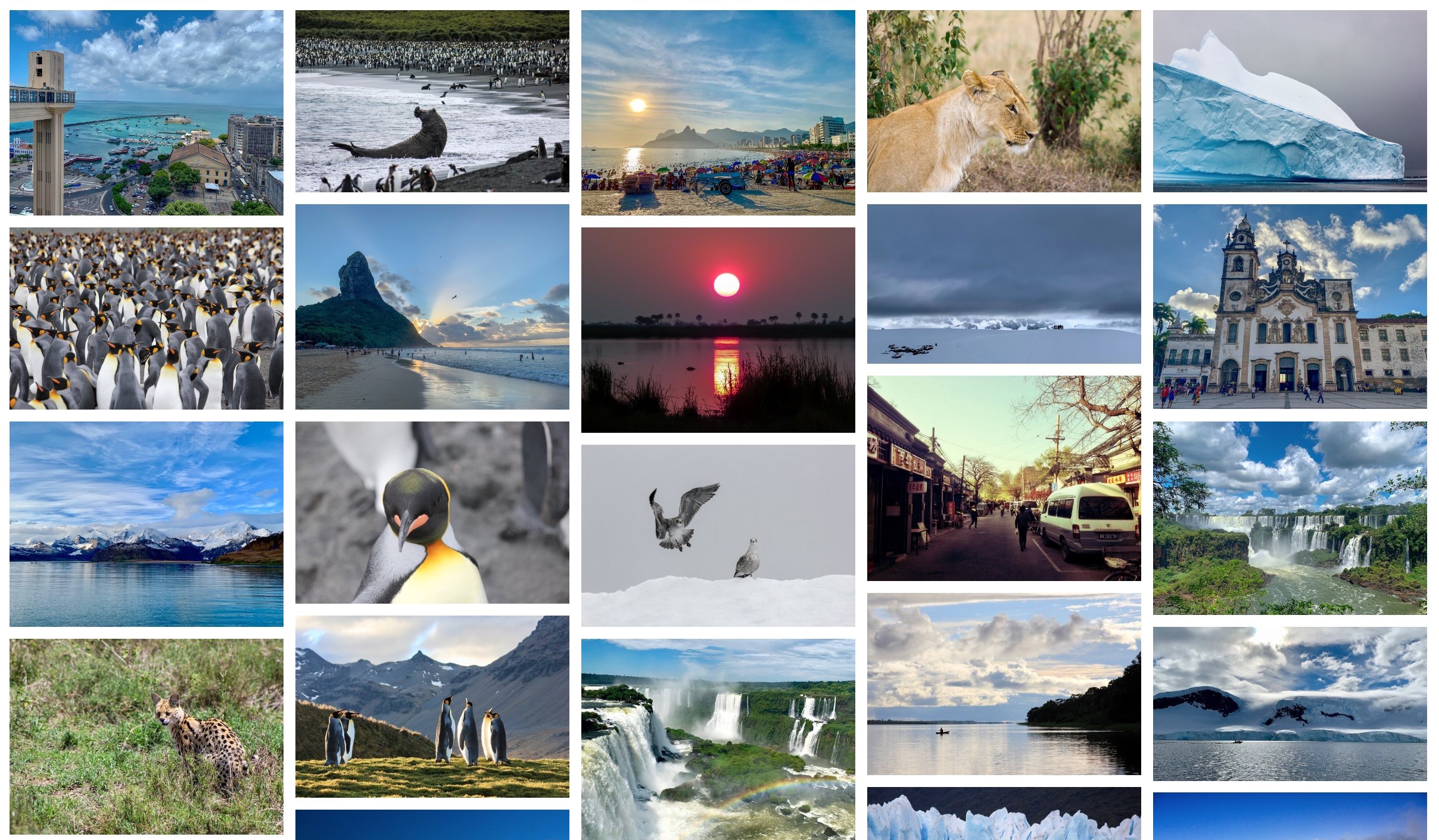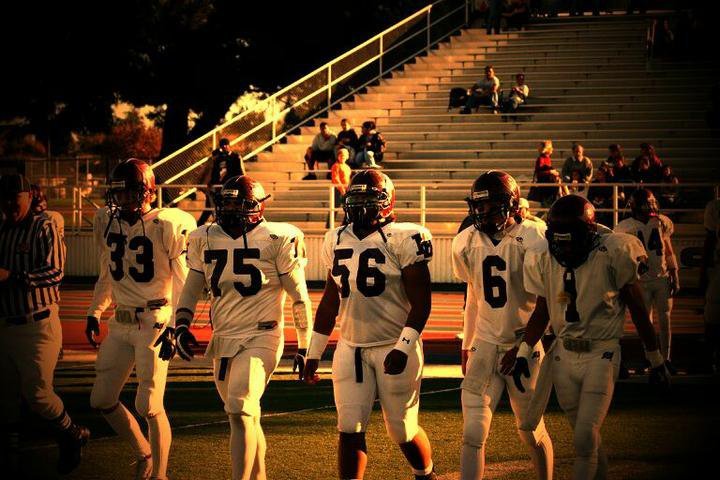Notes from Las Vegas
Nothing gets you to appreciate the mass of humanity in this country like Las Vegas. People come from all around the United States, and the world, to discard their inhibitions and indulge. Most hold drinks in their hands while walking around; there’s certainly a collective social lubrication in this town. Flashing lights and alluring images plaster every surface. Bells and whistles and the sound of money echo throughout casino floors. And the air is rife with smoke—of course you can smoke inside in Vegas, you can do anything you want here.
I once watched a friend shoot a Tommy Gun at an Osama bin Laden target in Vegas, but that was a different lifetime ago. It’s all here: Indoor skydiving and the circus and gambling and raging pool parties; clubs and dance halls and fine dining; waterparks and shows and concerts and marvelous people watching. It’s all possible in the desert.
…
My first time to Fremont Street was definitely an (unexpected) experience. I pictured a somewhat dingy street dotted with saloon-like casinos, rundown but reminiscent of the charm from a bygone era. It was instead an infusion of pure energy, firmly in the present. One long video screen rotated different dazzling images above us. There was so much light it felt like two o’clock in the afternoon, despite it being midnight. Multiple stages peppered this huge outdoor atrium, flanked by casinos on either side. Vegas girls and muscly men and huge gorillas suits beckoned every ten yards. People were smiling, yelling, drinking and taking photos of all the debauchery. Everyone there was simply looking to enjoy a good time.
…
Creepy clown sign outside Circus Circus
The National Rodeo Finals might have altered our timeline here. Cowboy hats dot the sea of heads. Belt buckles and cowboy boots and plaid shirts are everywhere. And the energy of the crowd is shifted with all these cowboys. There’s an excitement permeating from the big event, but there’s also an honestness. Cowboys and their support teams are here to compete, and to simply enjoy once the competition is over. One cowboy near us pointed at my wife’s belly and asked, “what is that?” “A baby,” I replied. He congratulated us and asked if it was a boy or girl, commenting about his own children. He was shocked to learn how old we were, but kept rewarding us with high fives for each additional bit of information. He was from Utah, with the number 5 rodeo team in the country he told me, and was surprised to hear we were from California. I’m not sure there’s a point to this story, just like there wasn’t to our conversation per se, just that it was friendly and happy.
Maybe it’s being here pregnant and sober that makes this experience different. We’ll see how the week progresses. It seems to afford a unique opportunity as observers, somewhat independent of the fevered effervescence that swirls in the air.
…
There’s also the grimy part of Las Vegas that most people never see. The Strip is a food desert within a desert: you have to work to get out of it. We walked to a grocery store about 2.5 miles off Las Vegas Boulevard, traveling over railroad tracks and underneath freeways, sharing the windswept streets with vagrants and trash. It was sobering to see such poverty juxtaposed against the casino backdrop of obscene wealth. It made you feel there’s something wrong in this world. We were successful in our grocery run, getting a good walk in as well as a little adventure, but it made me think about the bigger picture. We chase status as individuals, but it’s a zero sum game. There has to be some way we can rectify the inequality.
…
George Strait concert at Allegiant Stadium on Saturday
From our hotel room at the end of The Strip you can see the mountains at the edge of the valley. It’s a jarring reminder that you’re still on Earth, that you’re still not that far from nature and the elements. It’s so easy to forget when there are no clocks or darkness everywhere you go in this town. But the mountains are there, and they are beautiful. I find them calling to me as I sit inside writing.
Because as I’ve gotten older, the fleeting party pleasures pull less strongly. I still enjoy having a good time with the people I love, but I don’t feel the urge to be in the thick of it, surrounded by thousands of other strangers. People come to Las Vegas seeking physical pleasures, sensations and entertainment. There’s nothing wrong with it; the city holds up and functions well, despite the gnarly traffic.
But it’s the solitary connection with nature I seek. I want to commune with my wife in the primal environment of our species, experiencing the elements and the purity of our planet. It’s the simple communion and presence I crave, not the flashy, fleeting pleasures. Is this what getting old means?
…
Whether it’s your first or fiftieth time to Las Vegas, there’s always something to experience. This was a unique place for us to baby moon. It sure is a wild town. I learn something every time.






